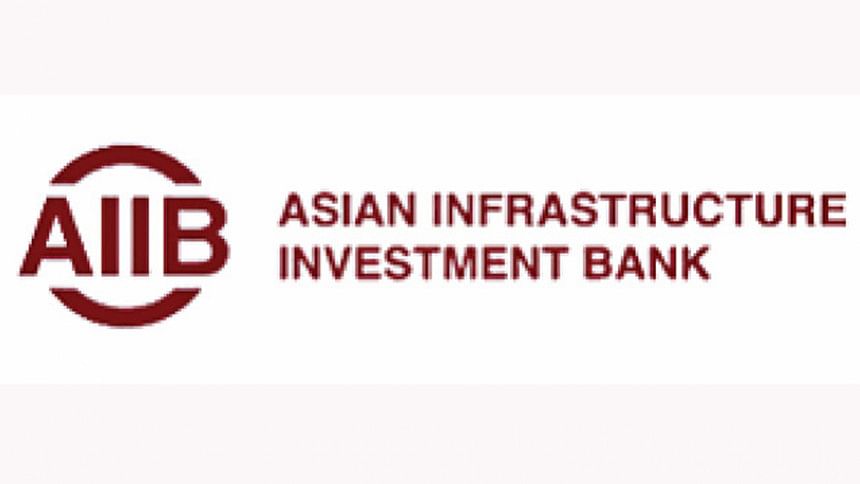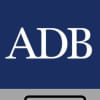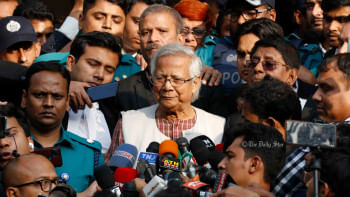FY23’s first budget support materialises

The Asian Infrastructure Investment Bank has become the first multilateral lender to respond to Bangladesh's call for budget support this fiscal year to weather the impacts of the Ukraine war after its board approved $250 million last week.
The government has sought $500 million as budget support from the Beijing-based multilateral lender and on November 23, its board approved half the sum, The Daily Star has learnt from finance ministry officials involved with the proceedings.
The loan programme is meant for improving the coverage and efficiency of social protection programmes, building the resilience of the disadvantaged and supporting an inclusive recovery.
The programme, which is being co-financed with the Asian Development Bank, will help improve the inclusiveness and responsiveness of social development in Bangladesh, reads the project documents.
The Manila-based multilateral lender is supposed to provide another $250 million, which is yet to be approved by the board. ADB would be thrashing out the terms for the programme with the government.
The government is expecting $1-1.5 billion in budget support from development partners this fiscal year to ride out the wave of elevated global commodity prices and inflation unleashed by the pandemic and the Ukraine war.
The first instalment of $447.8 million from the International Monetary Fund's prospective $4.5 billion loan package is expected in February, while ADB has intimated it would provide $500 million.
The World Bank would provide $250 million. Another $250 million could have been obtained but the government is dithering on some of the policy reforms the lender has sought for the funds.
Japan International Cooperation Agency is likely to provide $500 million.
The expected budget support for this fiscal year is not inconsequential at all, said Zahid Hussain, a former lead economist of the WB's Dhaka office.
"This will bring some relief and give the government some time for policy adjustment."
The amount will help in mitigating the foreign exchange reserve shortage, bolster food and energy security, and safeguard the poor from the impacts of the high price levels, he added.
The government though can expect another $650 million from AIIB this fiscal year.
Established in 2016 with a capital of $100 billion -- which is equivalent to two-thirds the capital of ADB and about half that of the World Bank -- AIIB is progressively becoming a notable development partner for Bangladesh.
So far, it has made about $3.1 billion available to Bangladesh in 16 projects and programmes with the government and the private sector.
When the global coronavirus pandemic struck, it signed up to provide $1.15 billion to procure vaccines and support economic recovery.
Of the amount, $500 million has been disbursed over the past two fiscal years; $650 million remains on hold as the funds were meant for purchasing Covid-19 vaccines, which the country no longer needs.
Talks are ongoing to repurpose the amount as project aid for the health sector, said an official of the Economic Relations Division, the government wing that negotiates foreign loans.

 For all latest news, follow The Daily Star's Google News channel.
For all latest news, follow The Daily Star's Google News channel. 









Comments